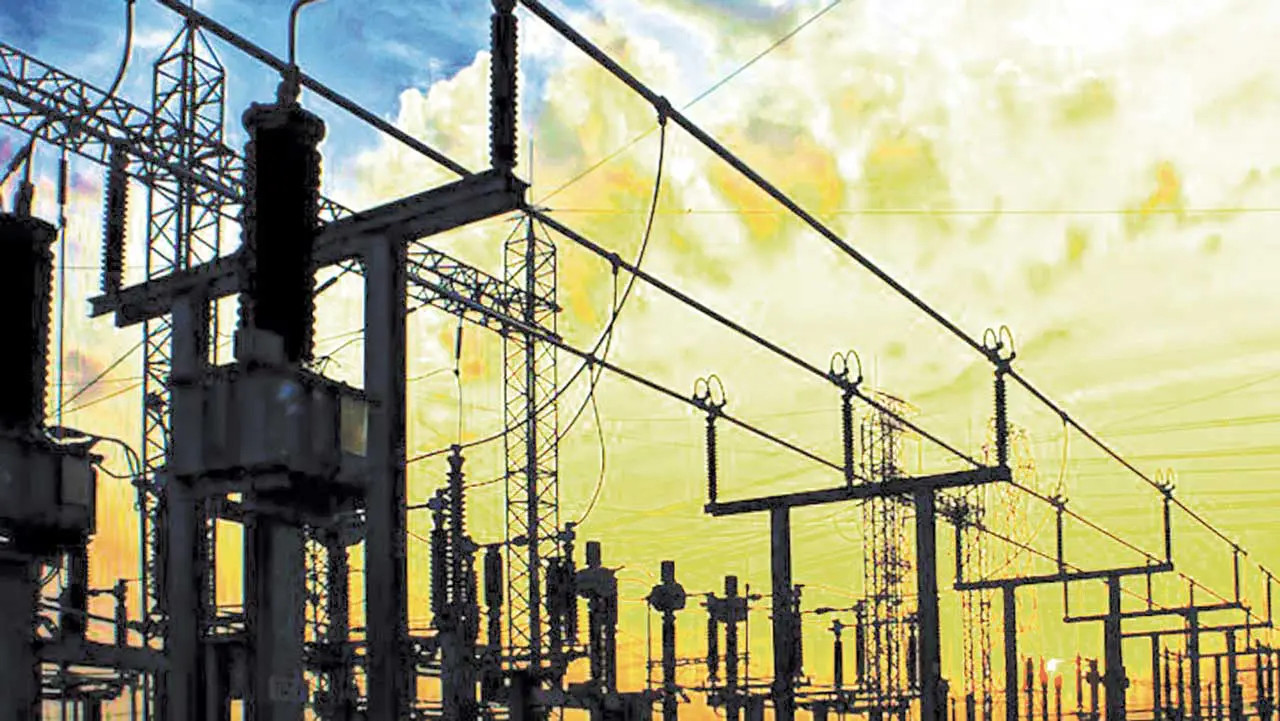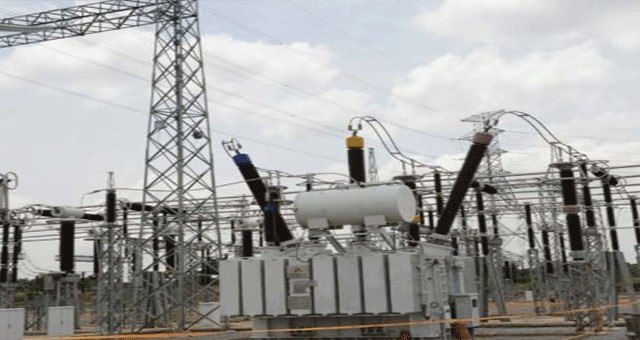Nigerians are once again experiencing a nationwide blackout as the national power grid has collapsed for the third time in a week. The latest incident, which occurred early Saturday morning, has left many states without electricity. This recurring issue highlights the fragility of Nigeria's power infrastructure and has raised serious concerns among citizens and businesses struggling with unreliable power supply.
The Transmission Company of Nigeria (TCN), responsible for managing the national grid, has yet to provide an official statement regarding the cause of this latest collapse. However, data obtained from the Nigerian System Operator’s portal (niggrid.org) revealed that the grid recorded an unprecedented zero Megawatts (MW) as of 8:16 am today, indicating a complete shutdown of power generation across the country.
The Problem of Frequent Grid Collapses
This recent collapse marks the eighth grid failure in 2024, with three occurring within the past week alone. The frequency of these outages has become a major source of frustration for Nigerians, who are increasingly grappling with the consequences of unreliable power supply. Businesses are forced to shut down operations, causing economic losses and hampering productivity. Households are left without access to essential services, such as lighting, refrigeration, and communication.
The Urgent Need for Infrastructure Investment
The Minister of Power, Adebayo Adelabu, acknowledged the critical need for investment in the country’s power infrastructure, highlighting the urgent need for a more robust and reliable power system. He stressed that the current state of infrastructure is inadequate and contributes to the frequent grid collapses. Adelabu emphasized that the problem is not isolated to specific areas, but rather a nationwide issue that requires a comprehensive solution.
Decentralization of Power Sector as a Potential Solution
The recent Electricity Act signed by President Bola Tinubu in 2023 has introduced significant changes to the power sector, including the decentralization of electricity generation, transmission, and distribution. Adelabu believes that this new framework has the potential to address the challenges of a single national grid by empowering state and local governments to participate in the power sector. The minister envisions a future with regional and state grids that would enhance power stability and reduce the impact of grid failures on the entire nation. However, he also emphasized that the success of this strategy depends on substantial investment in the power sector, both from the government and private sector partners.
Public Frustration and Calls for Action
The latest grid collapse has sparked outrage and frustration among Nigerians, who are demanding immediate action from authorities to address the persistent power outages. Many are expressing their disappointment with the government's lack of progress in resolving the issue, and are calling for a comprehensive plan to improve the power sector and ensure a more reliable electricity supply for the nation. The recurring grid collapses continue to be a major impediment to Nigeria’s economic and social development, highlighting the urgent need for decisive action to strengthen the power sector and improve the quality of life for its citizens.
A Path Forward
The recurring grid collapses serve as a stark reminder of the critical need for a comprehensive overhaul of Nigeria's power sector. While the Electricity Act provides a framework for greater decentralization and private sector participation, the government must take concrete steps to prioritize investment in infrastructure, improve grid maintenance, and implement effective strategies to mitigate the risks of future failures. Ultimately, the success of Nigeria's power sector relies on a commitment to innovation, sustainable practices, and collaborative efforts between the government and private sector partners. Only through a comprehensive and strategic approach can Nigeria overcome the challenges of its unreliable power supply and unlock its full potential for economic growth and development.


















